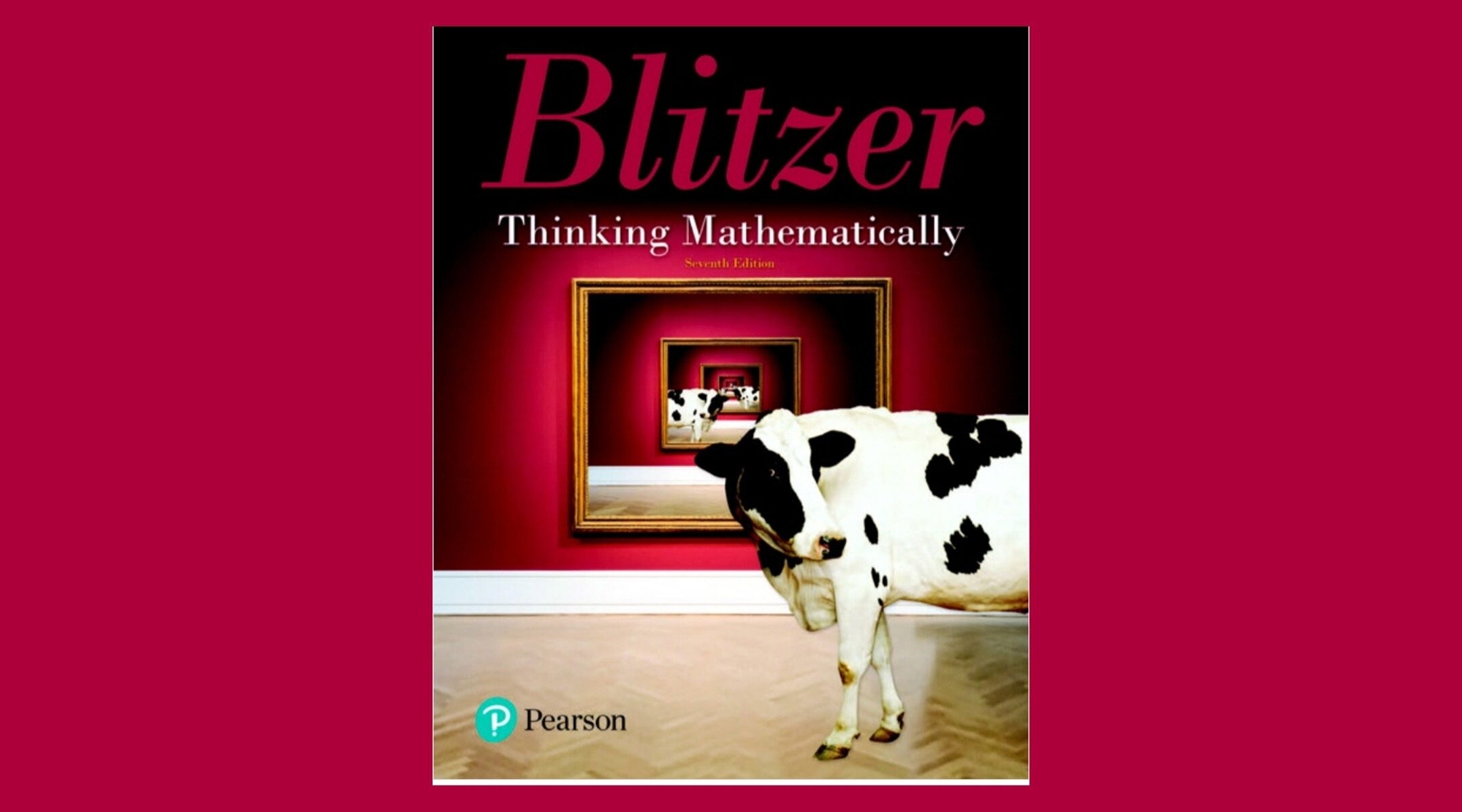(JTA) — In a purge following accusations that textbook publishers were trying to “indoctrinate” students in allegedly liberal concepts, Florida rejected dozens of math books from being used in the state’s schools.
One of them contained a string of Jewish jokes — including one that a conservative activist flagged as antisemitic: “Why do Jewish divorces cost so much? Because they’re worth it.”
The joke is attributed to Henny Youngman, the late Jewish comedian, and was included in the book “Thinking Mathematically,” by Rob Blitzer, in a chapter on “Counting Methods and Probability Theory.” The joke appears in the book’s seventh edition, released in 2019.
Chris Allen, who is involved with the conservative group Moms for Liberty and was one of 83 volunteers who participated in Florida’s textbook review, identified the joke, the Washington Post noted in a new story about Florida education officials’ explanation for why they rejected 41% of math texts.
The reviewers were supposed to flag when books included “critical race theory,” social-emotional learning or references to the Common Core, standards that were created through a nonpartisan effort to elevate and align what American students’ are taught but later became a political liability for conservatives.
Allen flagged “Thinking Mathematically” for accepting climate change as fact, which is the scientific consensus; for a problem that referred to America’s white population decreasing; and for a problem that used data about implicit bias, which she said reflected critical race theory. She also flagged the Youngman joke as antisemitic.
It is not clear if the Education Department selected “Thinking Mathematically” for removal because of Allen’s review, or for other reasons.

English-born American comedian Henny Youngman (1906-1998) plays violin as he performs onstage at the Park West, Chicago, Dec. 31, 1978. (Paul Natkin/Getty Images)
The passage that includes the Youngman joke begins, “Thousands of jokes have been told about marriage and divorce,” and lists six, one attributed to Socrates, and the other five to American comedians. Four of the comedians are Jewish: In addition to Youngman, there are jokes by Rita Rudner, Woody Allen and Rodney Dangerfield. A fifth joke is by Phyllis Diller, who was not Jewish. It’s not clear if Blitzer, the Manhattan-born and educated author, is Jewish.
“In how many ways can these jokes be ranked from best to worst?” the students are asked. Another question is, “In how many ways can people select their favorite joke told by a woman (Rudner or Diller) and their three favorite jokes told by a man?”
In his preface, Blitzer writes: “My primary purpose in writing the book was to show students how mathematics can be applied to their lives in interesting, enjoyable, and meaningful ways.” He says he “wrote the book to help diverse students, with different backgrounds and career plans.”
In a note to the students, Blitzer says, “Who says that a math textbook can’t be entertaining? From our engaging cover to the photos in the chapter and section openers, prepare to expect the unexpected. I hope some of the book’s enrichment essays, called Blitzer Bonuses, will put a smile on your face from time to time.”
“Thinking Mathematically” won’t be available to public schools in Florida after the textbook review there. The jokes won’t be available to purchasers of the book.
A spokesman for Pearson, the publisher, said the joke had been removed as a result of the company’s own review and does not appear in the most recent edition, which was released this spring.
“We conducted a review of ‘Thinking Mathematically’ last year and removed this example, which does not comply with our editorial standards and commitment to learning experiences that are free of bias and stereotyping,” said the spokesman. “The current version of this book does not include this content, but we take full responsibility that it appeared in previous editions. We have put policies in place to ensure our new books are inclusive for every student and free of stereotyping.”
JTA has documented Jewish history in real-time for over a century. Keep our journalism strong by joining us in supporting independent, award-winning reporting.






